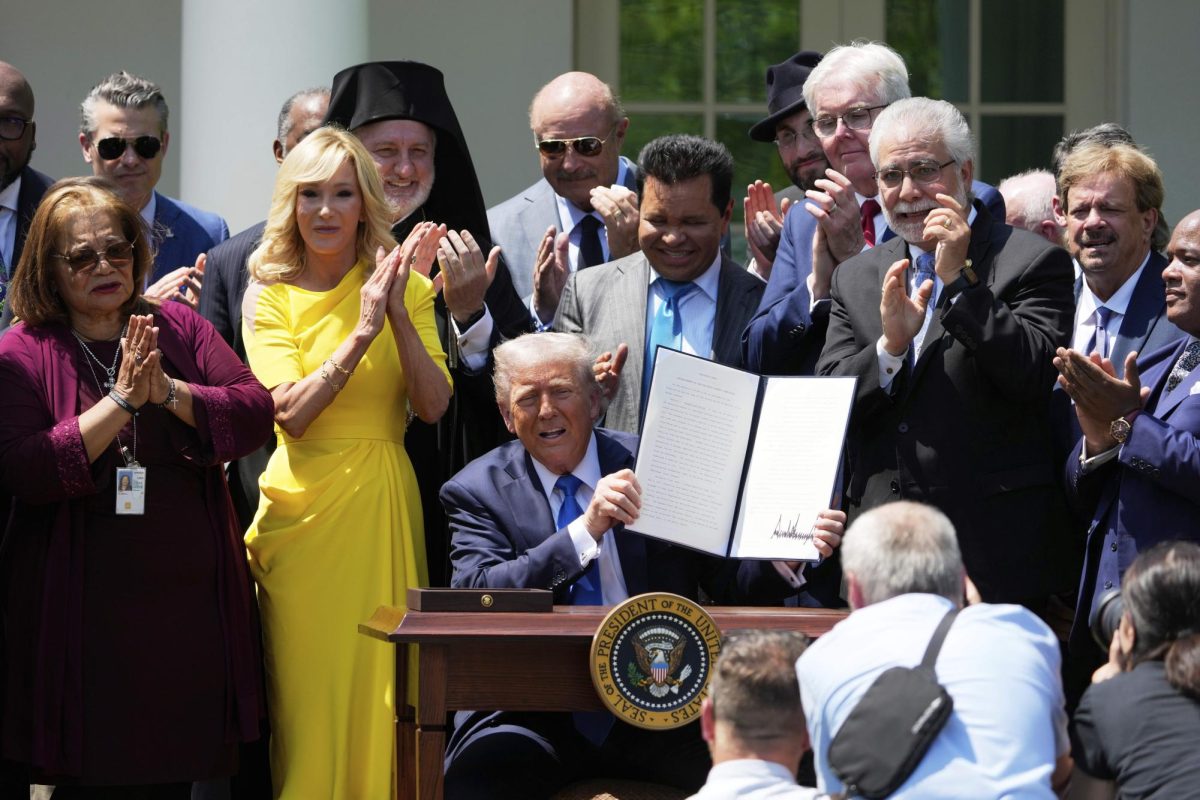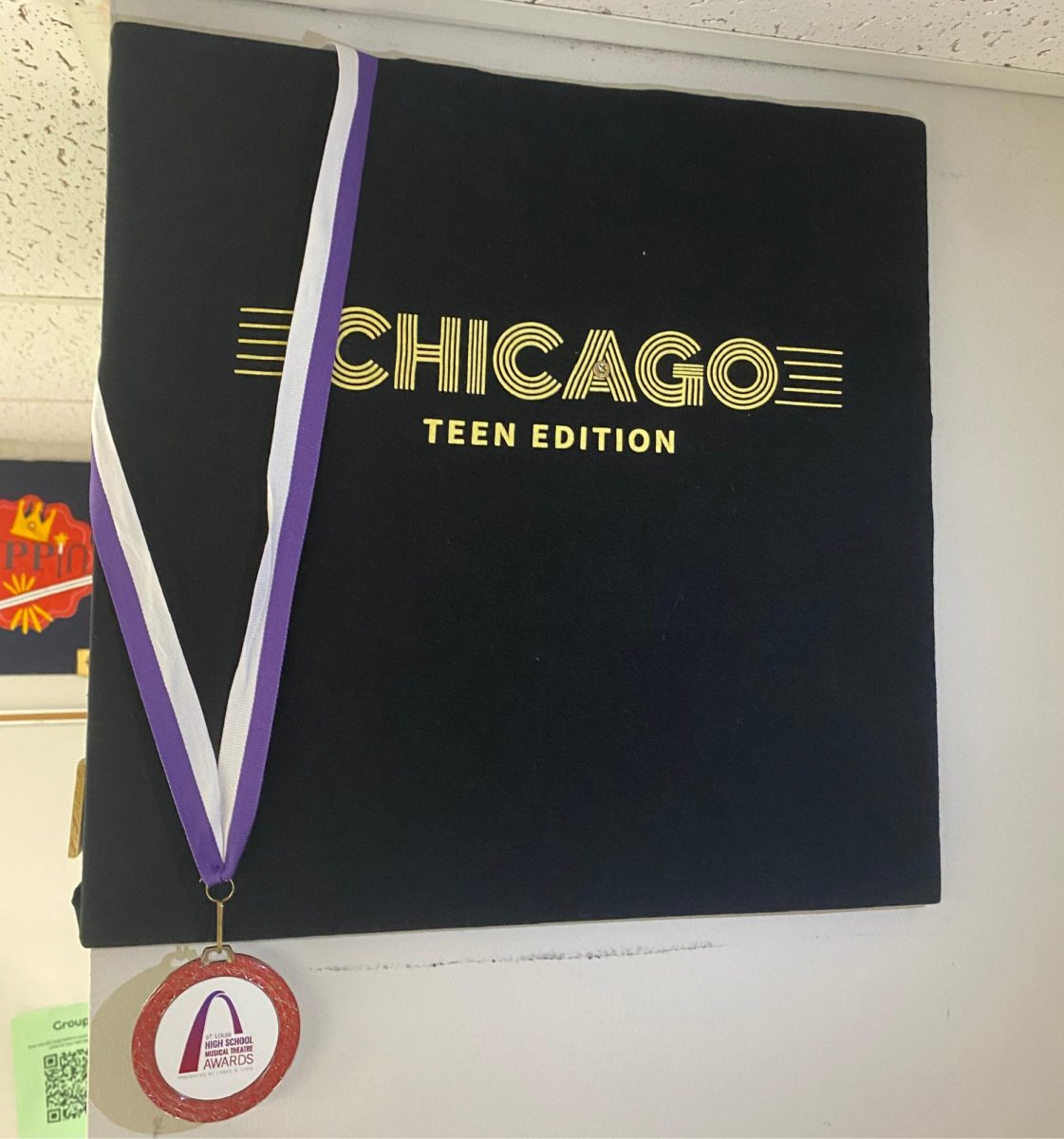Why I Don’t Say the Pledge of Allegiance
October 2, 2018
Students pause briefly for the mandated moment of silence when prompted by the crackling loudspeaker. They simultaneously rise from their cookie-cutter molds of desks and chairs, placing their hands over their hearts and then monotonously utter the 31 words that indicate their unquestioned dedication to the United States of America.
Isn’t that eerily reminiscent of cult behavior?
When I first began to question the archetypal, yet widely accepted, pledge, I decided to only say the verses I felt were imperative. I soon discovered I didn’t believe that saying any of those 31 words every day was indicative of my patriotism.
American culture demands this show of allegiance at the start of each public school day. For students, that’s 180 days of asserting the same thing. The pledge is supposed to be a meaningful demonstration, but it becomes meaningless when uttered monotonously day after day.
Not only is repeating the same words every day worthless, but the words themselves are problematic.
As society demands, you are supposed to pledge allegiance to an inanimate object: a flag. Sure, the flag symbolizes the country, but that choice of words is contradictory when one examines the rest of the Pledge.
The pledge goes on to state that America is one nation under God. One of the Ten Commandments, a pillar of the Christian faith, is the edict to have no idols. That means Christians are commanded to not worship or have equal devotion to anything as they would to God. The flag, in this case, is being assured devotion one might promise God. That’s incredibly hypocritical.
After making this contradiction, the Pledge of Allegiance states that there shall be “liberty and justice for all.” Considering that the pledge was written during a time where neither women nor minorities possessed the same freedoms as men, that verse reflected a false premise from the start. In what world is the verse supposed to ring true today, when racism and prejudice are everyday realities for minorities?
I will stand respectfully for the pledge, but I will not proclaim its contradictory verses. I will not conform to immense social pressure in the land of the free.











